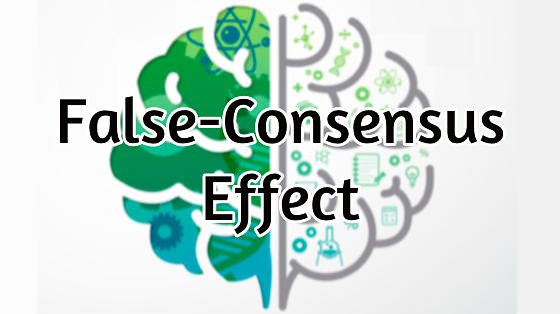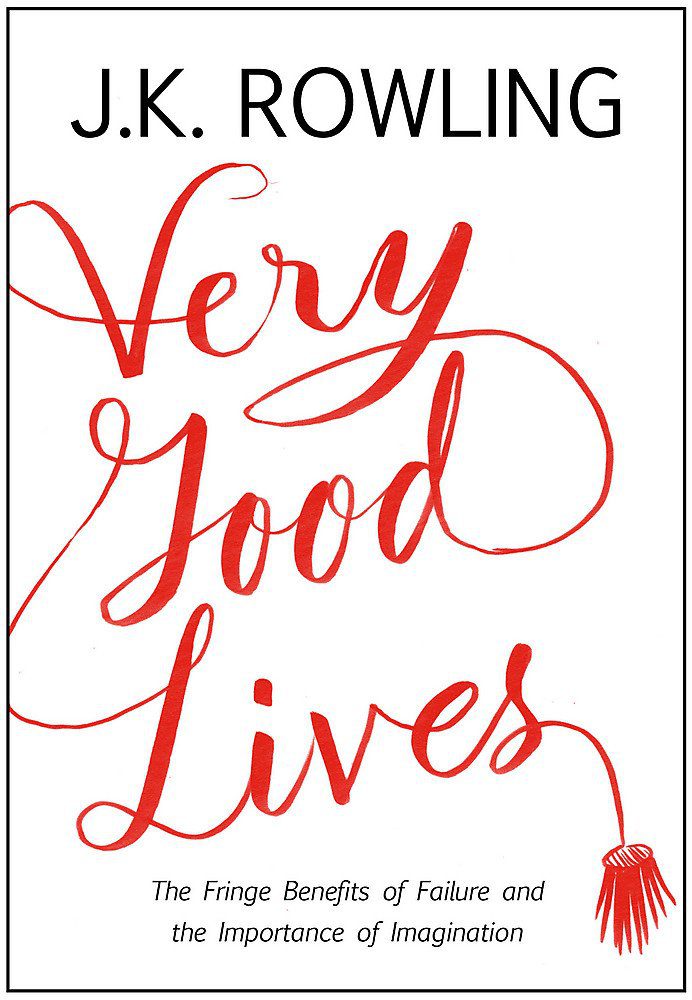In psychology, the false consensus effect, also known as consensus bias, is a pervasive cognitive bias in social inferences, such that people tend to see their own behavioral choices and judgments as relatively common and appropriate to existing circumstances.
The False Consensus Bias refers to peoples tendency;
- Others share your beliefs
- Others will behave similarly
- Overestimate the extent to which their beliefs or opinions are typical of those of others
This false consensus is significant because it increases or decreases self-esteem, the overconfidence effect or a belief that everyone knows one’s own knowledge. It can be derived from a desire to conform and be liked by others in a social environment. This bias is especially prevalent in group settings where one thinks the collective opinion of their own group matches that of the larger population. Since the members of a group reach a consensus and rarely encounter those who dispute it, they tend to believe that everybody thinks the same way.
The false-consensus effect is not restricted to cases where people believe that their values are shared by the majority, but it still manifests as an overestimate of the extent of their belief
In their 1977 research titled The “false consensus effect”: An egocentric bias in social perception and attribution processes, Stanford University Professors, Lee David Ross, David Green and Pamela House, wrote extensively relative commonness that people perceive about their own responses.
Evidence from four studies demonstrates that social observers tend to perceive a “false consensus” with respect to the relative commonness of their own responses. A related bias was shown to exist in the observers’ social inferences. Thus, raters estimated particular responses to be relatively common and relatively unrevealing concerning the actors’ distinguishing personal dispositions when the responses in question were similar to the raters’ own responses; responses differing from those of the rater, by contrast, were perceived to be relatively uncommon and revealing of the actor.
These results were obtained both in questionnaire studies presenting subjects with hypothetical situations and choices and in authentic conflict situations. The implications of these findings for our understanding of social perception phenomena and for our analysis of the divergent perceptions of actors and observers are discussed. Finally, cognitive and perceptual mechanisms are proposed which might account for distortions in perceived consensus and for corresponding biases in social inference and attributional processes.
In his Book, Self-Insight Roadblocks and Detours on the Path to Knowing Thyself (Essays in Social Psychology), David Dunning also wrote about the false consesus effect:
Top performers underestimate themselves because they suffer a special burden that differs from the one borne by the incompetent. Unlike the incompetent, top performers have a fairly accurate sense of how well they are doing on a given test. In a phrase, they get themselves and their performances right. What they get wrong is other people. Because top performers do so well, they just assume that other people are doing well, too.
As a result, they do not believe their performances to be that unique or special, leading them to underestimate their percentile ranking of skill relative to their peers. In short, top performers suffer from a false consensus effect, which refers to the tendency for people to overestimate the commonness of their own responses and experiences (Marks & Miller, 1987; Ross, Greene, & House, 1977). Top performers, being knowledgeable, overestimate how knowledgeable their peers are.
The psychological literature reports many instances that support this analysis of top performers, in that knowledgeable people consistently overestimate how common their knowledge is. One example of this bias is found in work on the hindsight bias , which is also known as the knew-itall- along effect. The bias occurs once people are informed about a fact, such as an answer to a trivia question.
After learning the fact, people overestimate how likely they, or anyone else, would have been able to deduce it without being told, such as that Wyoming is the least populous state in the U.S.A. (Fischhoff, 1975, 1977). People also overestimate how well they or anyone else could have predicted an event once that event takes place (Christensen-Szalanski & Willham, 1991).
All the best in your quest to get better. Don’t Settle: Live with Passion.



Comments are closed.